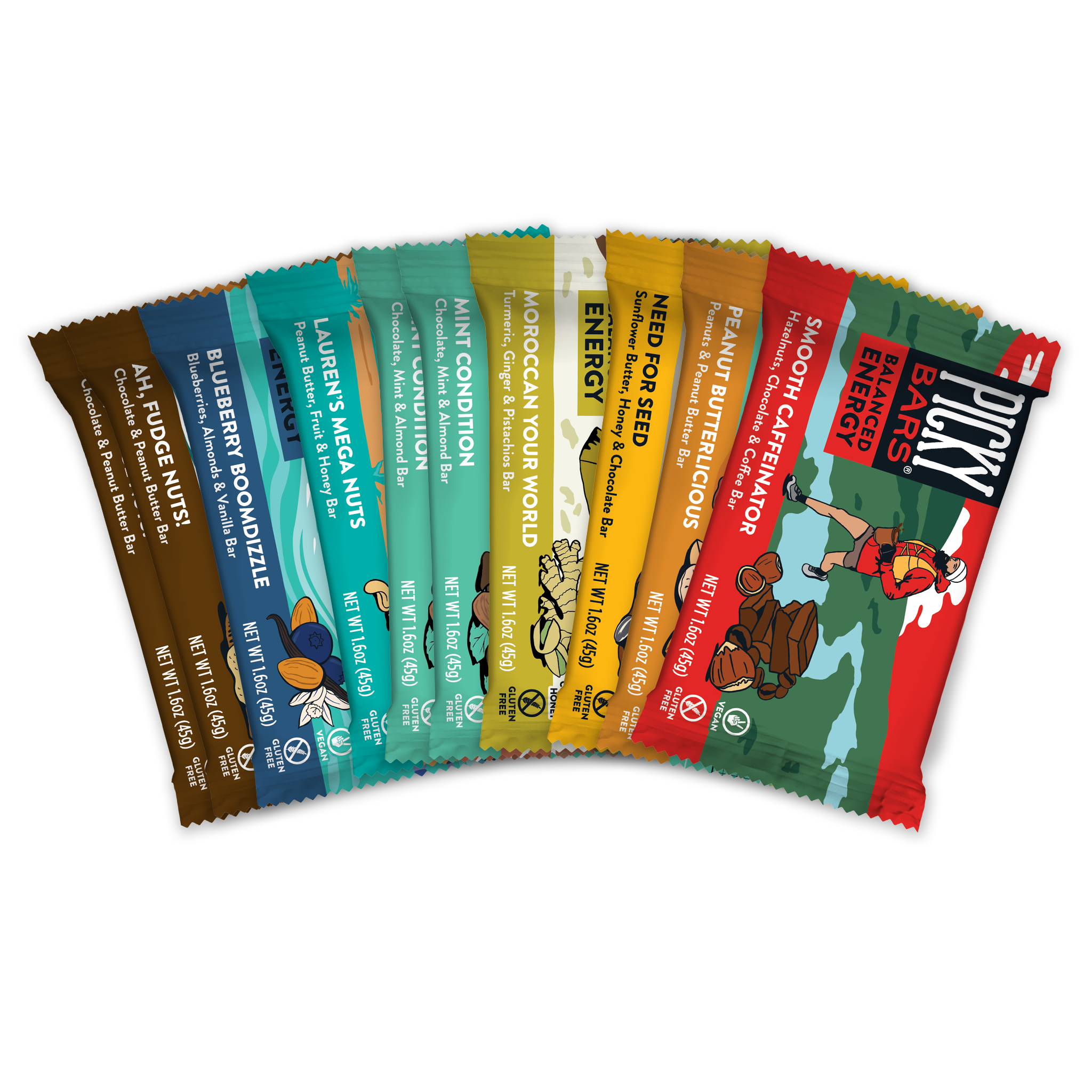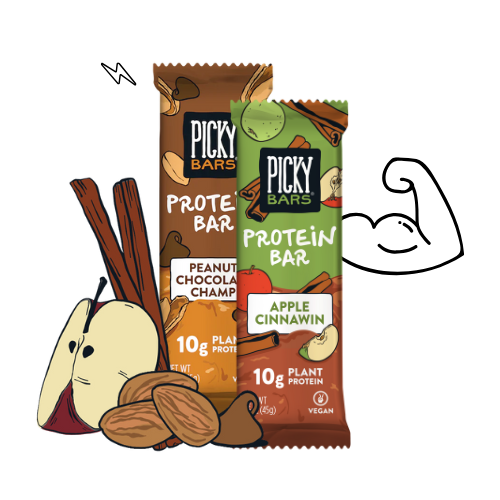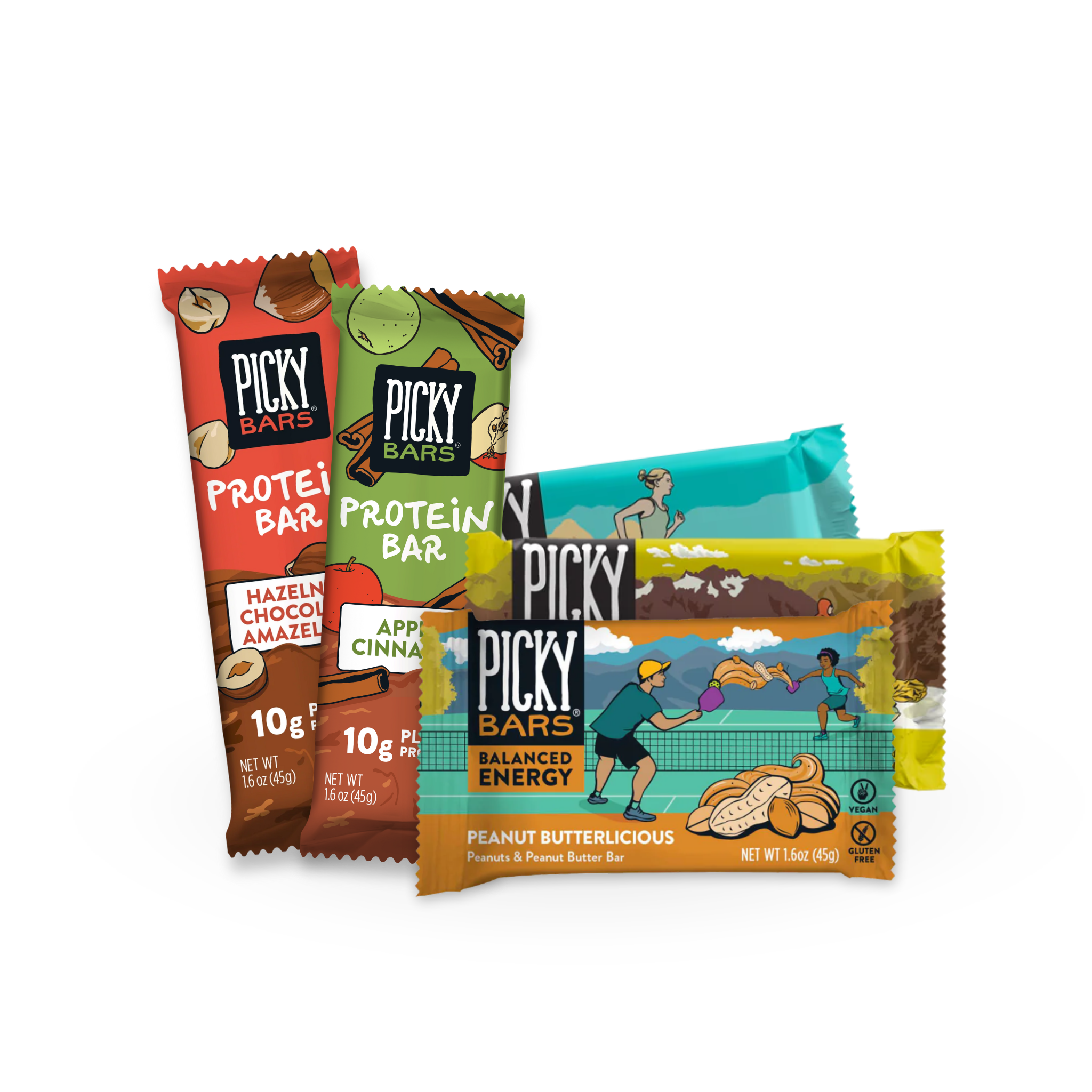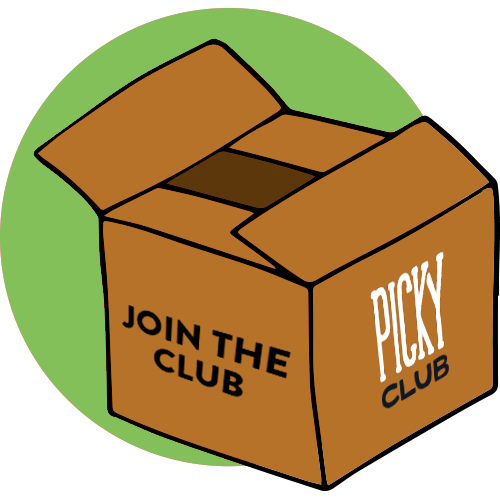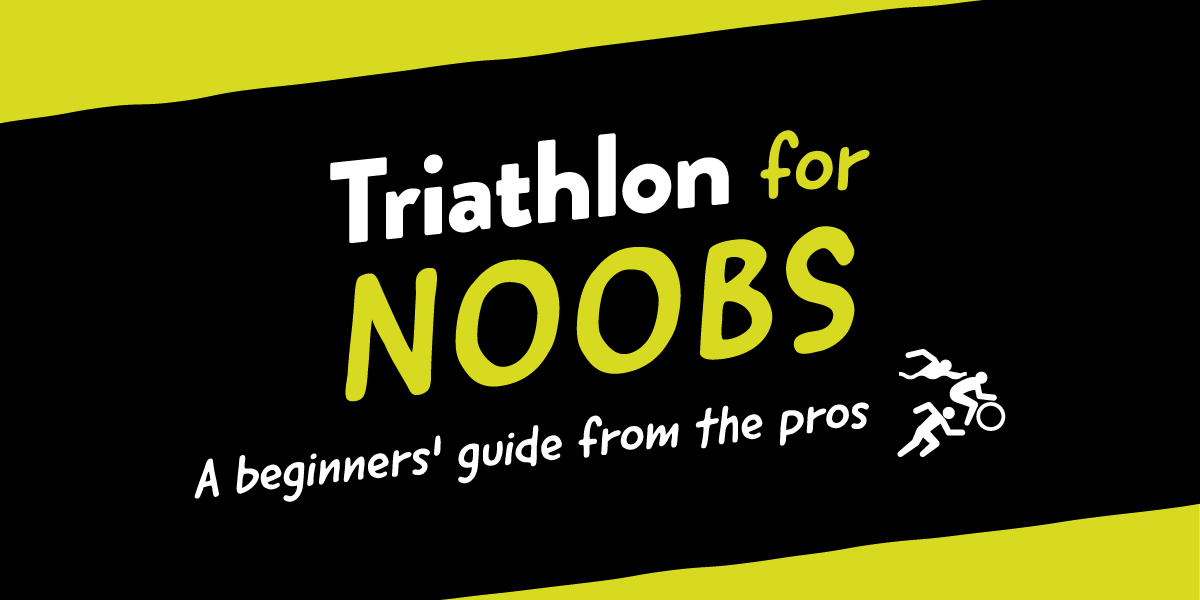

· By Sarah Conklin
A Beginners' Guide to Triathlon
So, you’re thinking about signing up for a triathlon. Maybe you’ve done a couple running races, you grew up a swimmer, you’ve spent all winter on your bike trainer inside. You're ready for a new challenge and think a multi-sport endurance race is just the ticket. But… where should you start? What gear do you need (NEED-need vs “need”), should you hire a coach, what’s going to get you out the door for that first step?
We’re here for you. With the “for Noobs” series we hope to encourage anyone who’s new sport curious, who maybe is just held back by the laundry list of unknowns (“can I do it?” “how do I get ready?” “what if I have to pee?”) and wants a little helpful nudge to get going. Using our network of pro athletes and coaches, you’ll get everything you need to walk into day one of training feeling like you’ve got this - or at least a little less worried about looking like a total noob while you figure it out.
Here’s Jesse Thomas, 2x Ironman Champion and our CEO (in case you didn’t know) with his tips for brand new triathletes.
My first triathlon started about 6 hours after I walked home from a party with my buddies when I was 26 years old. I’m not sure what compelled me to wake up 3 and a half hours later and drive 50 miles to swim, bike and run. Maybe it was boredom, feeling out of shape, or just a need to balance the endless work and beer of early 2000s Silicon Valley. Twelve years later, despite the nauseous feeling I have thinking about my mid 20s, I’m still stoked I decided to roll out of bed that fateful morning and try a tri.
Why you should consider a triathlon
If you’re reading this, you’re probably a uni-sporter of some kind. I know you, I was once you. I was once a runner and the thought of doing a triathlon at one point sounded just plain dumb. So complicated. So long. So much stuff. So much lycra!
Well I can tell you all these years later that I’m stoked I decided to give it a go. I’ve learned to legitimately enjoy two additional lifelong sports - cycling and swimming (ok maybe not ENJOY swimming but I can swim way more now without feeling like I’m gonna drown). Obviously, triathlon has become more to me than I ever though it would - a career, income, and a part of my identity. You obviously don’t need to go that far. But you will find that training and racing other sports exposes you to new friends and training partners, gives you something to do when you don’t feel like running or keeps you sane during a nagging running injury. Biking gave me a way to explore like I couldn’t on just two feet. If you come from a swimming or biking background, I can guarantee that running only gets easier the more you do it and yes, it does actually become enjoyable! Triathlon is crazy, different, everyone has their own strengths and weaknesses and because of that there’s a camaraderie that’s different than just running or cycling or swimming. I can honestly say I think it’s made me a more well-rounded athlete and person. So anyway, I think it’s worth it.
Having said that, as a former uni-sporter, I can appreciate how intimidating the idea of doing a triathlon is. I spent the first 22 years of my life competing at a fairly high level and I was still intimidated. I’m here to tell you that it doesn’t need to be that bad! If you’re thinking of trying a tri - here are my 5 main tips for getting the most out of your first experience.
TIPS FOR YOUR FIRST TRIATHLON
from Ironman Champ, Jesse Thomas
1.) Pick a fun, local, low key, SHORT race. You might be an overachiever but I’d seriously caution against making an Ironman or even a half ironman your first goal in triathlon. Triathlon does have a learning curve, and I think the best experience is starting small and short. There are tons of local races that don’t get the name recognition of Ironman but can be just as fulfilling, way easier to do on a first try, and probably cost a few hundred to a thousand dollars less! My first triathlon was literally called the “Tri for Fun.” It was a sprint distance race - 500m swim, 25k bike, 5k run - about 50 miles from where I lived at the time. It reminded me of the Saturday morning community races I used to do in between seasons in high school. Cheap, super fun, and a fulfilling feeling of accomplishment followed by pancakes. You get it.
2.) Train all three sports. I know, crazy talk, right? Once you get a bit serious, it’s good to get a coach, but if you’re just trying for fun you can start with The Jesse Thomas Training Plan (patent pending): Swim on Tuesday and Friday, bike on Wednesday and Saturday, run on Thursday and Sunday. Take Monday off because Mondays are busy. Boom! Basically, cycle through each sport to make sure you have familiarity with all three. If you’re a runner, you don’t need to run as much, same for people that come from swimming and biking backgrounds, respectively - you’re going to be fine in your primary sport. Just gain some consistent familiarity with the other sports prior to the race. If your race is in open water (lake, river, ocean) practice some open water swimming with people prior to race day - that experience is usually what brings the most anxiety to beginners, and a bit of practice will go a long way.
The Jesse Thomas Training Plan (patent pending):
- Swim on Tuesday and Friday
- Bike on Wednesday and Saturday
- Run on Thursday and Sunday
- Take Monday off because Mondays are busy
3.) Buy or borrow basic gear. One of the most intimidating parts of triathlon is the amount of gear and the potential cost. You could easily spend a lifetimes earnings on all the carbon fiber your little heart desires. But when you’re starting, you definitely don’t need all that stuff. Basic bike, bike shoes, helmet, swim suit, wetsuit if it’s going to be cold, running shoes. Getting a basic tri race kit is nice so you don’t have to change. You don’t need all the fancy shmancy expensive stuff just to give it a go. Keep it simple. If you end up liking it, you can always upgrade, over and over and over again until you develop a problem, but that’s for later...
4.) Practice eating and drinking during exercise. If you come from a cycling background, you’re already used to this. But most runners and swimmers don’t practice eating during exercise. The exercise isn’t long enough usually to necessitate it. In triathlon, it is a necessity - even a sprint distance race will be 90-120 minutes for a lot of you. I’d practice eating 100-200 calories every 40-60 minutes depending on your size and intensity (always with plenty of water or hydration mix). Luckily, we make energy bars that were literally designed for this purpose - to be easily digestible, balanced fuel that tastes good in and around exercise. We even make oatmeal and granola that’s good for before and after too! So at least you don’t have to decide what to eat! Practicing “fueling” will ensure you do it on race day, which will help you feel better during and after the race!

Eating on the bike is cool! Just (un)like this picture.
5.) Relax and have fun. You probably have TONS of other questions about everything from transitions to swimming in a group ("Will I get kicked in the face?" Probably...) to planning potential potty stops. I’m here to tell you that you’ll figure it out and you honestly don’t need to worry about it. It can feel like there are tons of little details and things to think about prior to race day, but 99% of those things don’t matter much when the gun finally goes off, particularly on your first race. Just relax and enjoy it. Yeah, you’ll probably make a few mistakes and learn some stuff that will make you better for next time, but trying to get it all perfect prior to race day is more mental energy than it’s worth.
Those are the basics! If you do have questions, I tri (ha) to reply to people on my various social platforms - @jessemthomas - so you can hit me up there if need be. Best of luck uni-sporters, you’ll be on your way to multi-sport life before you know it!

